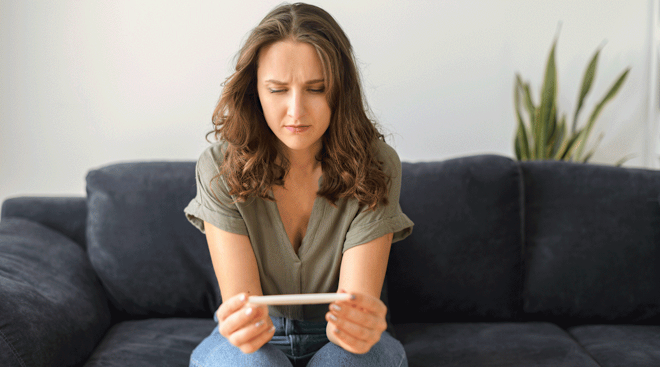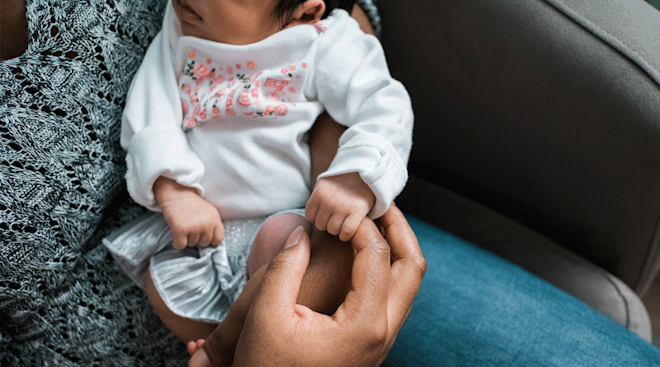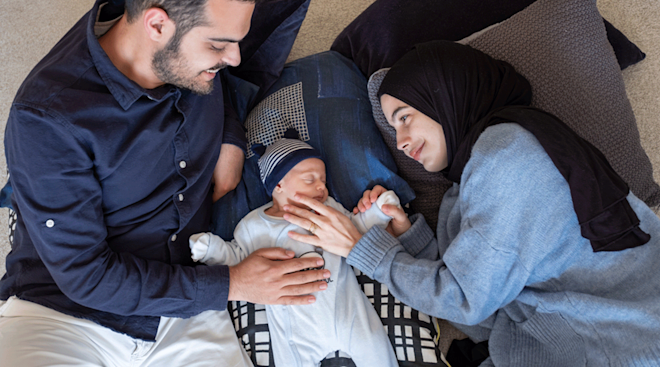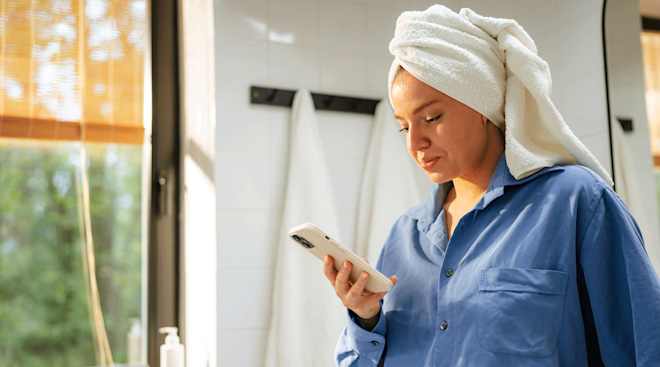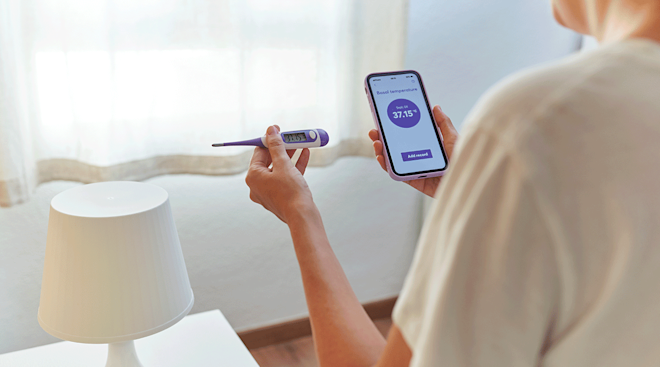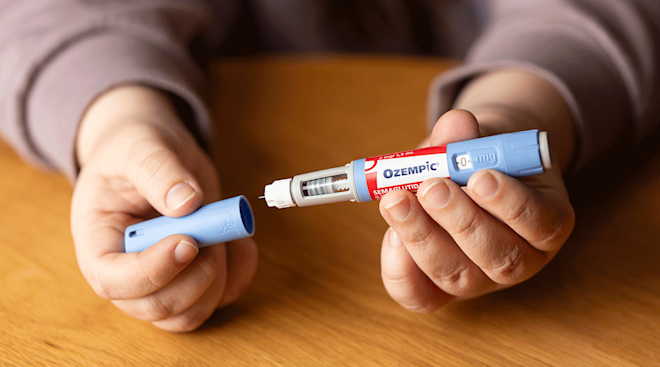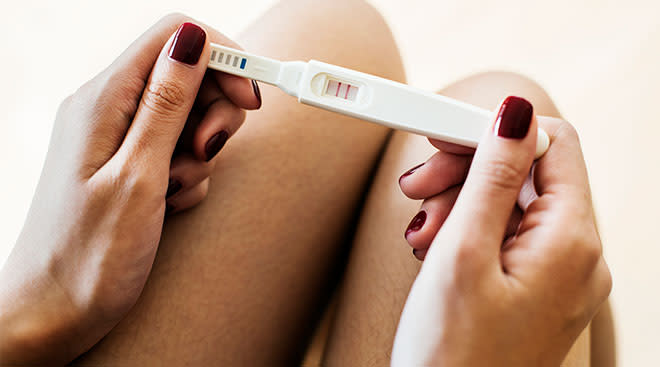It’s finally happening! (You think.) Here are the first things to do when you suspect you’re expecting:
Take a Test
If you have an inkling, decide when to take a home pregnancy test, and leave some time to celebrate if the news is good. Many tests say to take them in the morning, but don’t do it before work. (Wait until Saturday a.m. if you want to play by the rules.) How could you concentrate on a 9:30 am meeting after getting the biggest news of your life?
Keep it Quiet
This is huge news—so give yourself some time to revel in your secret for a few days (or weeks). Pick a time to tell your family (best to wait until you’re a few weeks along), and put together a plan for how to go about it. As for your friends…it’s common practice to wait until week 12, when the risk of miscarriage dips dramatically. But really, make the announcement whenever the time feels right! Just make sure you’re prepared for word to spread quickly—it’s tough for people to keep such exciting news to themselves!
See the Doctor
Chances are, the pregnancy test was correct and everything is fine, but it’s still essential to see your OB-GYN. As soon as you get that positive result, call your doctor, explain that you’re expecting and schedule your first prenatal appointment.
Please note: The Bump and the materials and information it contains are not intended to, and do not constitute, medical or other health advice or diagnosis and should not be used as such. You should always consult with a qualified physician or health professional about your specific circumstances.
Navigate forward to interact with the calendar and select a date. Press the question mark key to get the keyboard shortcuts for changing dates.







































